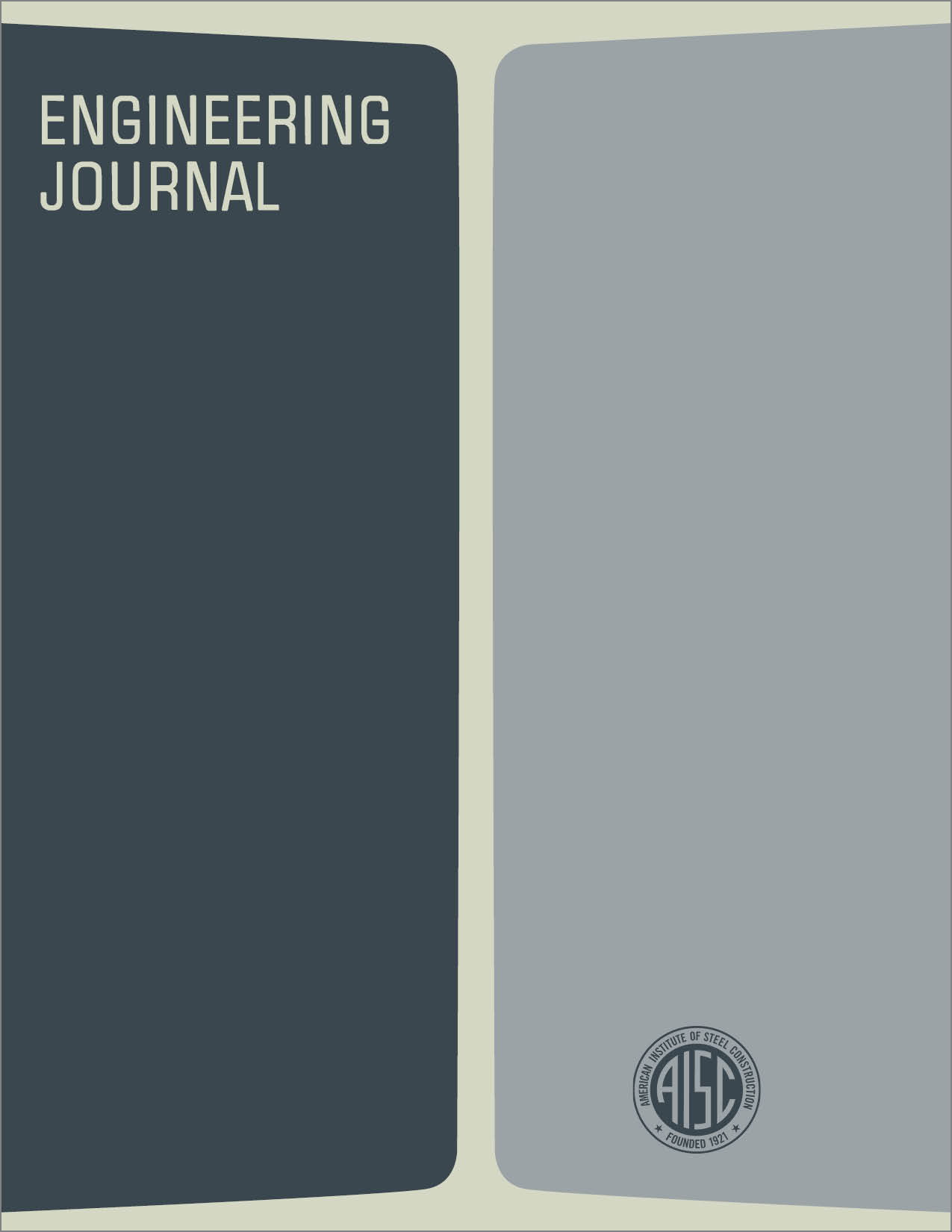Analysis of Horizontally Curved Bridges
DOI:
https://doi.org/10.62913/engj.v5i4.112Abstract
Many years ago, highway bridges were located by determining the most convenient crossing site, with little regard to the general alignment of the roadway. After the bridge location was established, the highway designer or surveyor laid out the highway to meet the bridge. During the last several decades, this situation has reversed and now bridges must fit the highway alignment that has been predetermined by many other considerations. The increasingly frequent occurrence of structures on curved alignment is presenting real challenges to engineers, especially in the design of urban freeways where multi-level interchanges must be built within tight geometric restrictions. The present-day emphasis on good appearance is also an important factor. Welding has helped to produce structures with smooth surfaces, interrupted by a minimum amount of detail. Outside transverse stiffeners are no longer used on many highway girders. The use of curved supporting beams or girders in a structure on curved alignment is a natural outgrowth of this trend toward aesthetic design.

